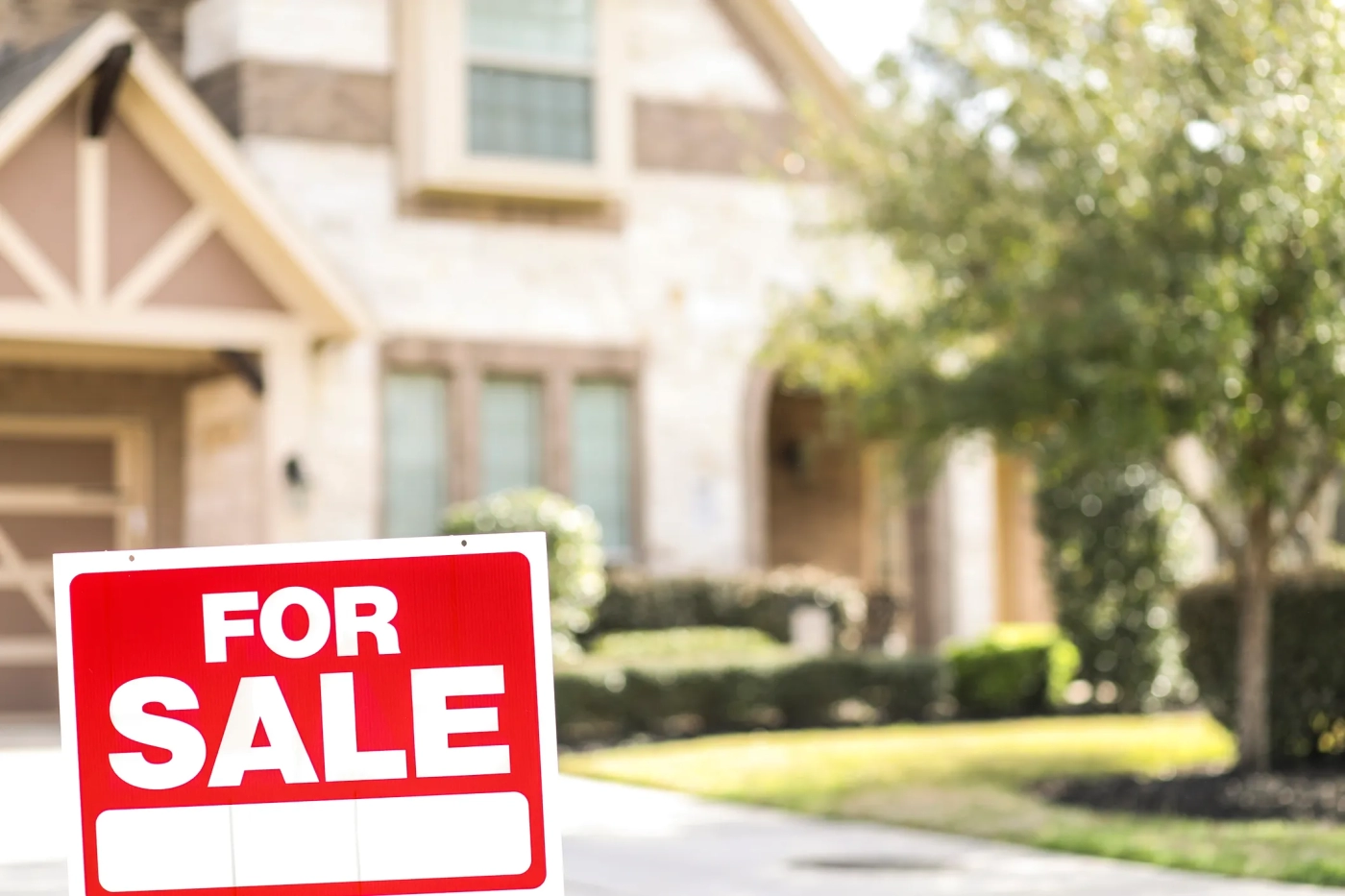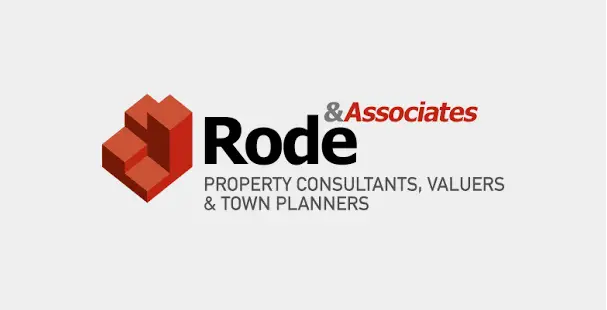- Determine your budget: The first step in purchasing a home is to determine your budget. This involves taking a look at your income, expenses, and financial obligations to determine how much you can afford to spend on a home. Consider factors such as down payment, monthly mortgage payments, property taxes, insurance, maintenance, and repairs.
- Check your credit score: Your credit score plays a crucial role in determining the interest rate you will receive on your mortgage. A higher credit score typically results in a lower interest rate, which can save you thousands of dollars over the life of your mortgage. Check your credit score and take steps to improve it if necessary.
- Get pre-approved for a mortgage: Getting pre-approved for a mortgage is an important step in the home buying process. This involves submitting an application and supporting documents to a lender, who will review your financial information and determine how much you can borrow.
- Choose the right location: Location is key when it comes to buying a home. Consider factors such as proximity to work, schools, amenities, and transportation. Research the neighborhood to ensure that it meets your needs and preferences.
- Work with a reputable real estate agent: A good real estate agent can be a valuable asset in the home buying process. They can provide guidance, advice, and expertise to help you find the right home at the right price.
- Conduct due diligence: Before making an offer on a home, conduct due diligence to ensure that there are no hidden issues or problems. This may involve obtaining a home inspection, reviewing property records, and researching the neighborhood.
- Consider future needs: When choosing a home, consider your future needs. Will your family be expanding? Will you need more space in the future? Consider these factors when choosing a home to ensure that it meets your needs for years to come.
- Budget for additional costs: In addition to the cost of the home itself, there are many additional costs associated with homeownership. These may include property taxes, insurance, maintenance, repairs, and utilities. Be sure to budget for these costs when determining your overall budget for purchasing a home.
- Don’t rush the process: Buying a home is a big decision, and it’s important not to rush the process. Take your time to research neighborhoods, view homes, and carefully consider your options before making an offer.
- Be prepared for the responsibilities of home ownership: Homeownership comes with a number of responsibilities, including maintenance, repairs, and upkeep. Be prepared to take on these responsibilities and budget accordingly to ensure that you can properly care for your home.
What to know, when considering home purchase




















